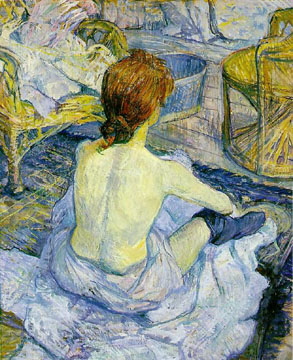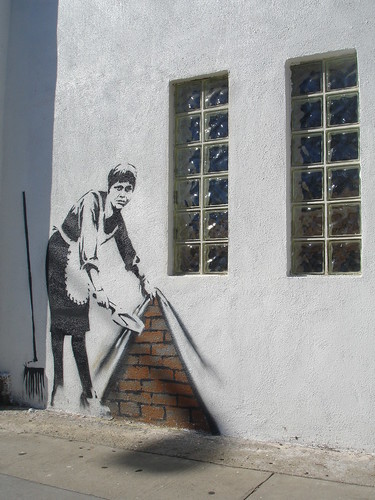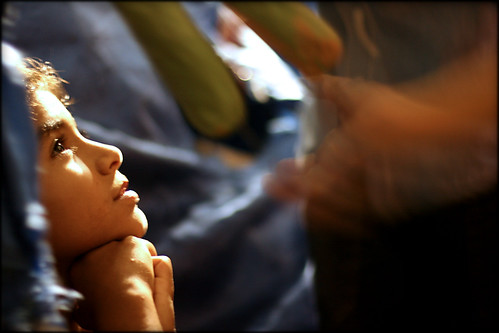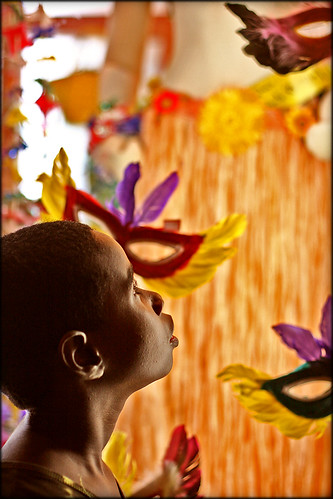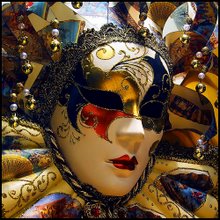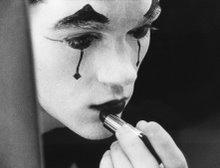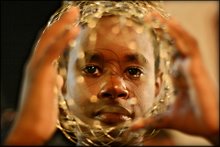
I love my city - with its unassuming, languid, dust-layered beauty, smiling at you in gentle sunlight during winter mornings and evenings. Freeskool Street, decked up for Christmas – jazz and carols blasting through the gramophones, the jingle of the tana rickshaws mingling with the smell of telebhajas, kati rolls and old second-hand books from every nook and cranny – tantalizing, mouth watering. Dhormotolaye dhormoshonkot. Shirt kholo. Oborodh koro - half naked bodies fluttering flags against the half-restored LIC building. Ahh, ki dramabaji! Ki entertainment! My pretty, crazy city. New Market jomjomat, with fake Christmas trees and scary Santa Clauses on the sidewalks and bright paper stars and tinsel adorning the skies. Lazy tram ride – maidan’s green beauty, juxtaposed against a smog-lined winter sky, officers on their horses, Shahid Minar, tall, ponderous, poetic, against the evening sun. The crows fly home. The sun sets. The evening chill draws out the mufflers and monkey-tupis, the smell of naphthalene stubbornly hanging on to its wooly fabric. Steaming cha, muri-makha and querulous adda.

For better or for worse, I love this city.




See also : Nearsight's city lights post taken with the Fujifilm Finepix S9500. Heck, see his entire blog.

